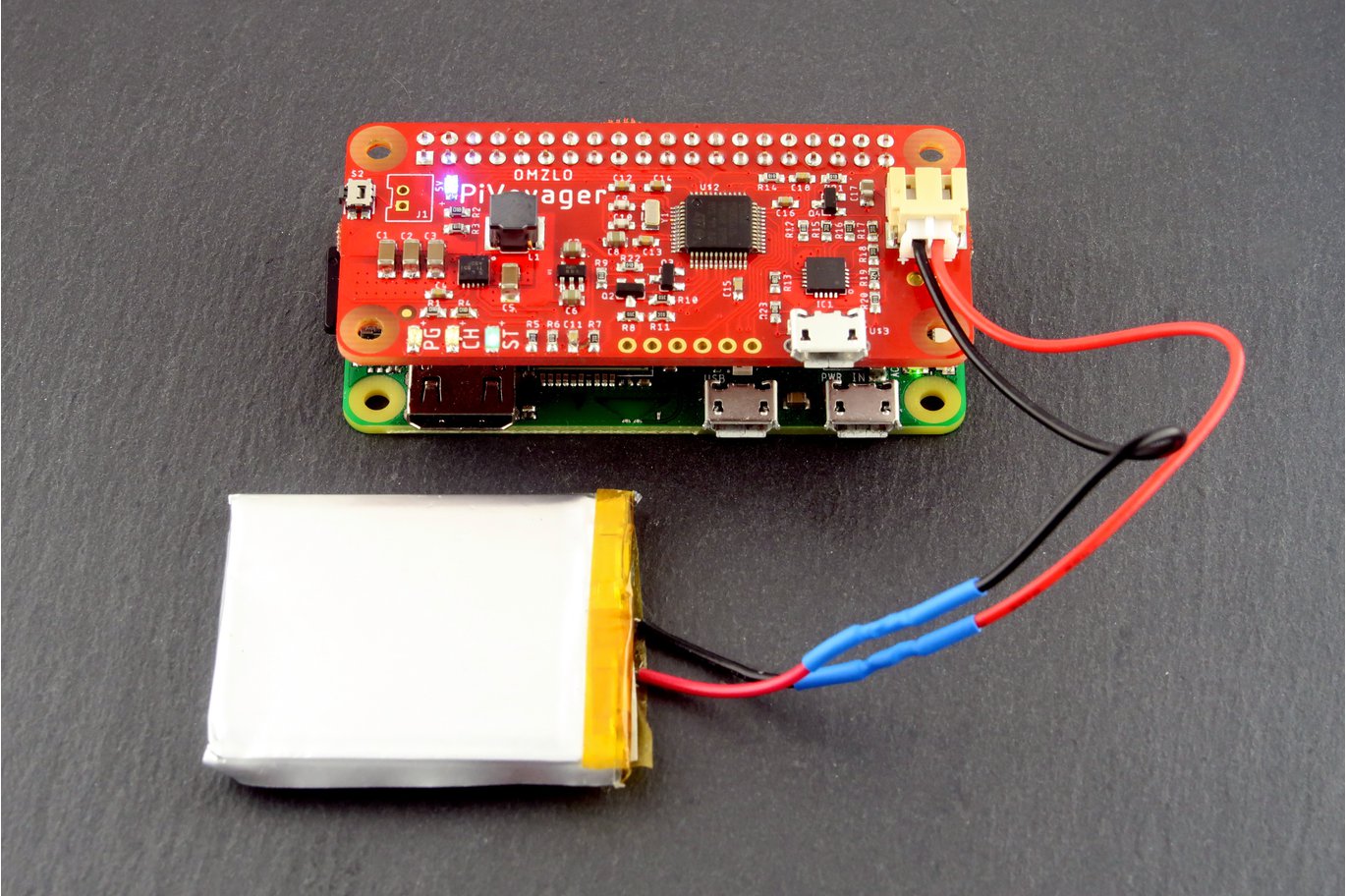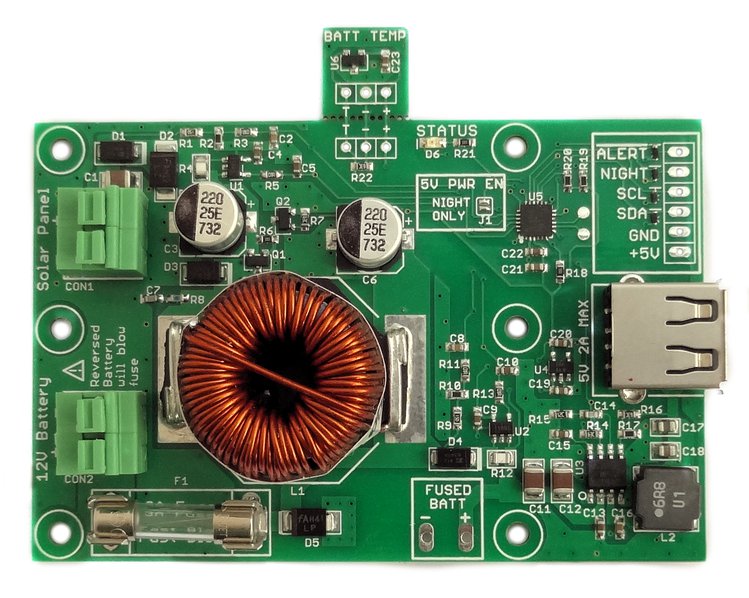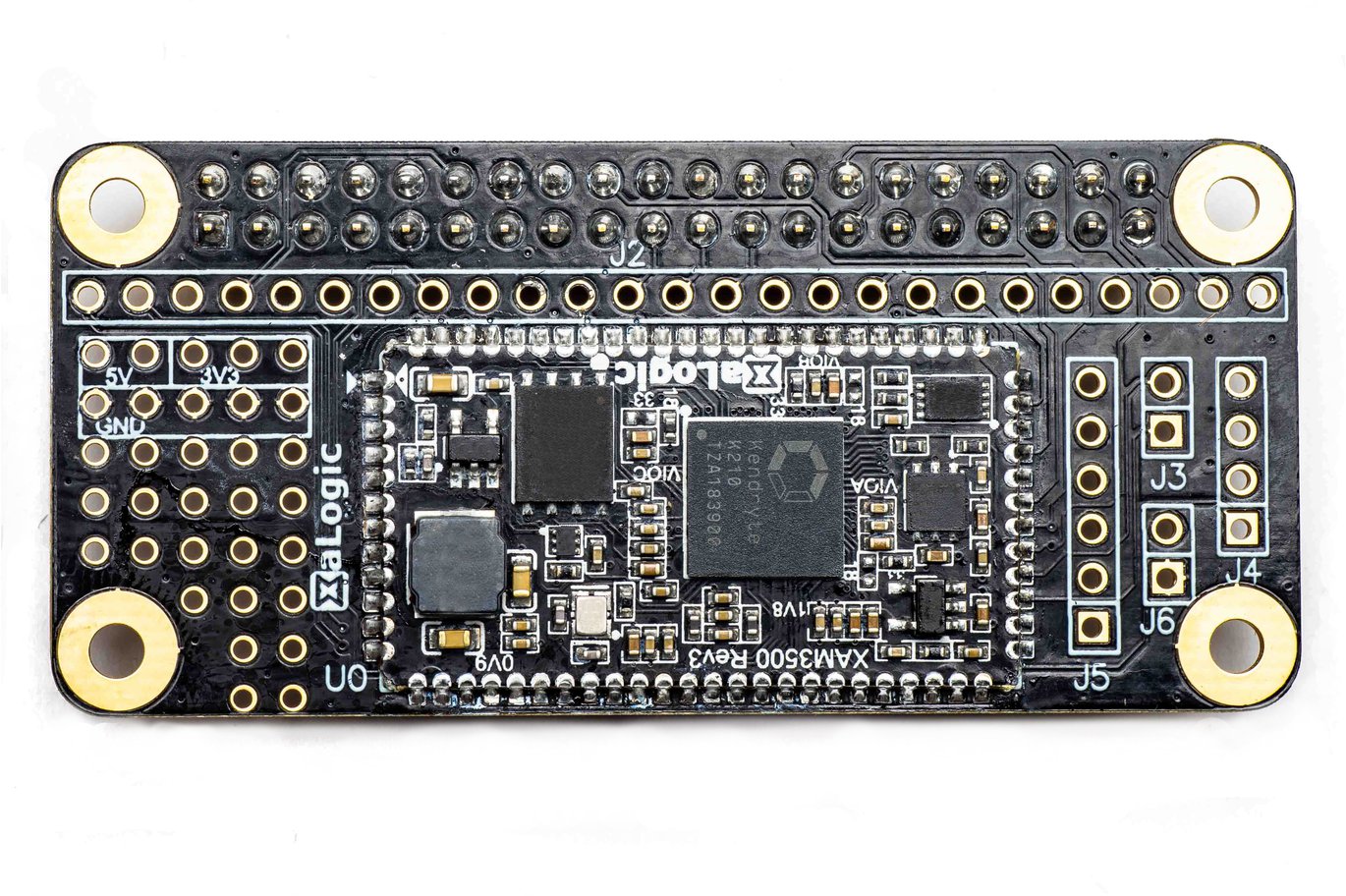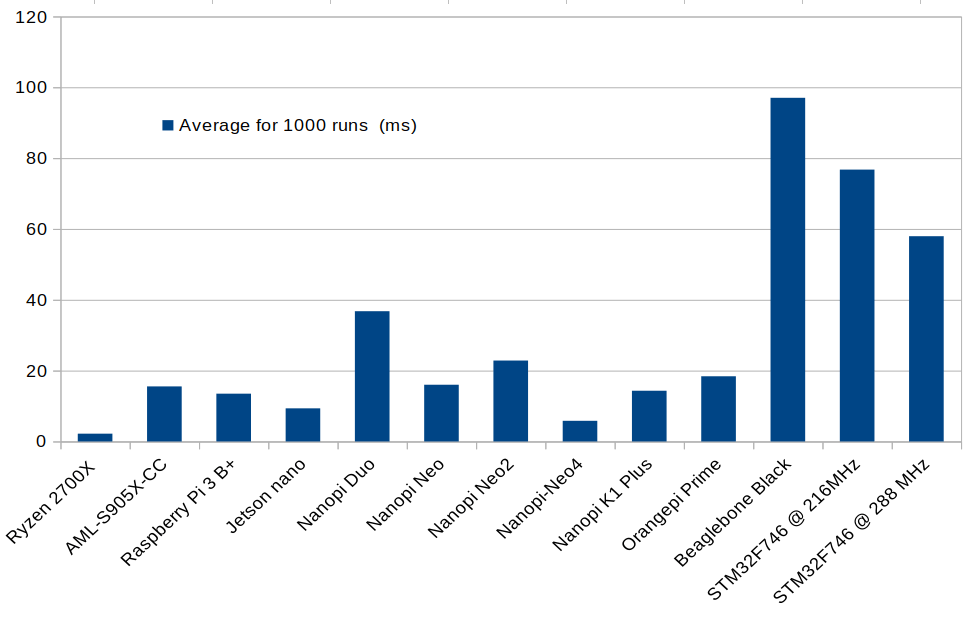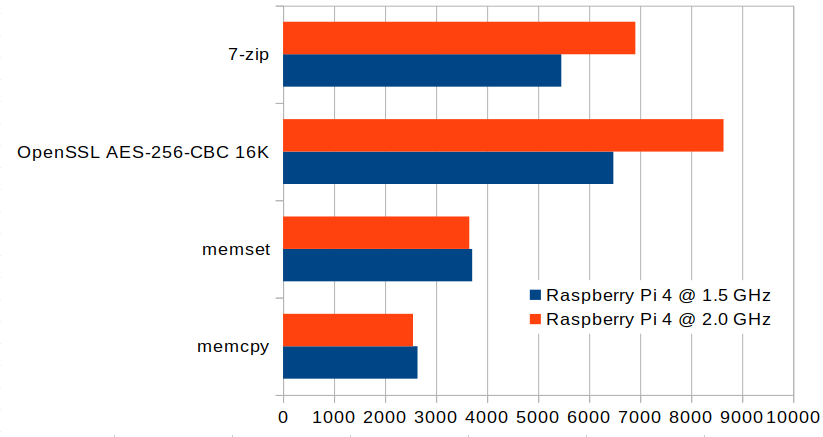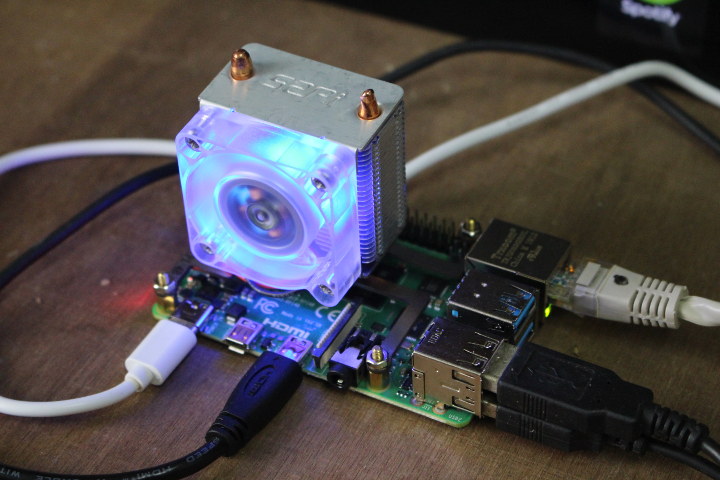The Raspberry Pi is a powerful SBC (Single Board Computer), and aside from being used for everyday computing stuff, the Raspberry Pi can be embedded as the brain of various projects. Using the Raspberry Pi for standalone projects do create some concerns about power. How do I power the Pi? Should I get a power bank? Or maybe I need a longer wired connector. If powering your Raspberry Pi based project has always being a concern to you, then you don’t have to worry about it again with the introduction of the PiVoyager. The PiVoyager is an uninterruptible power supply (UPS) for the Raspberry Pi specially designed to work with standard Li-Ion or LiPo batteries. It is shaped in the form a Pi Zero HaT making it fully compatible with PiZero form factor, but nevertheless, it will still work with any Raspberry-PI having the conventional 40-pin header found in the Pi […]
MakerPower Solar Power Supply/Charger for IoT & Embedded Systems Supports Lead-acid Batteries (Crowdfunding)
Danjuliodesigns llc. A boutique embedded systems design firm run by engineer and inventor Dan Julio has set up crowdfunding for the makerPower Solar power supply/charger for intelligent power supply just about anywhere and in any climate. A comprehensive device structured to IoT and embedded systems, where sometimes a remote camera or other device needs power all the time. The power source is a solar panel which can charge a standard lead-acid battery (USA availability only) We reported on a solar input board PiJuice battery HAT and although there are other solar input devices on the market, such as the PiJuice, for use with SBC’s such as Raspberry Pi, the makerPower Solar functions at a higher level, incorporating intelligent power control and functioning. The board can be source powered by solar panel through a standard lead-acid battery, rather than a Li-Po or Li-Ion. The inventor felt a source should carry as […]
A Compact Machine Learning Accelerator HAT for your Raspberry Pi
AI for the Edge has been a promising playing field where several players are pushing for. Cloud computing has made it possible to train complex machine learning models for various application, although this seems to be working fine, the performance or the possibility of deploying AI applications on the Edge is enormous. AI on the Edge is expected to help reduces the latency involved in the roundtrip to the cloud, saves the bandwidth and cloud storage costs for enterprises, deploy ML models faster, and build robust, intelligent applications. Generally, Edge devices like the Raspberry Pi, Arduinos, and other embedded boards usually can’t run powerful AI applications. They have limited resources and computing power. Fortunately, this is changing with the introduction of AI Accelerators; modern processors that help assist the edge devices by taking over the complex mathematical calculations needed for running AI models. One of such AI accelerator processor is […]
TensorFlow Lite for Microcontrollers Benchmarked on Linux SBCs
Dimitris Tassopoulos (Dimtass) decided to learn more about machine learning for embedded systems now that the technology is more mature, and wrote a series of five posts documenting his experience with low-end hardware such as STM32 Bluepill board, Arduino UNO, or ESP8266-12E module starting with simple NN examples, before moving to TensorFlow Lite for microcontrollers. Dimitris recently followed up his latest “stupid project” (that’s the name of his blog, not being demeaning here :)) by running and benchmarking TensorFlow Lite for microcontrollers on various Linux SBC. But why? you might ask. Dimitris tried to build tflite C++ API designed for Linux, but found it was hard to build, and no pre-built binary are available except for x86_64. He had no such issues with tflite-micro API, even though it’s really meant for baremetal MCU platforms. Let’s get straight to the results which also include a Ryzen platform, probably a laptop, for […]
Actcast Combines IFTTT-like Service with AI and Raspberry Pi 3 / Zero
In a report on April 30, 2017, Idein had developed GPGPU accelerated object recognition for the Raspberry Pi platform. That development led to the beta release of the ActCast IoT platform, which was announced on July 29, 2019, and uses deep learning algorithms for object and subject recognition. The program is for use with IoT and AI. The idea is to increase performance and link the system to the web for even more solutions. What it Does The use of physical world information in IoT projects has many applications. Such as a doorbell that sees a person, can then recognize the person. Ultimately letting the user know over the web through a smartphone, the person should be let in. And then the system unlocks the door. So Actcast is a bit like IFTTT with artificial intelligence / computer vision capabilities. Edge Computing Bringing the source of data closer to the […]
How to Overclock Raspberry Pi 4 to 2.0 GHz
Yesterday I played with my new “ICE Tower CPU cooling fan” for Raspberry Pi 4 which cools the board just great but is clearly over the top. Regular reader and commenter m][sko mentioned it was possible to overclock Raspberry Pi 4 to 2.0 GHz after a firmware upgrade. That looks like a perfect task for my new fansink! I’ve upgraded both the firmware and operating system:
|
1 2 |
sudo rpi-update sudo apt dist-upgrade |
then edited /boot/config.txt as root (sudo) to add the following lines to boost the maximum frequency to 2.0 GHz:
|
1 2 3 |
force_turbo=0 arm_freq=2000 over_voltage=6 |
Do not try to set force_turbo=1, as while it would allow to further boost the voltage, it will change a fuse in the chip, and it will void your warranty. We can now reboot the board to validate the settings, and check those are applied:
|
1 2 3 |
vcgencmd get_config int | grep "arm\|over" arm_freq=2000 over_voltage=6 |
Good. At idle the frequency is lower, but that normal:
|
1 2 |
vcgencmd measure_clock arm frequency(48)=666826176 |
Voltage is set to 1.0335V:
|
1 2 |
vcgencmd measure_volts volt=1.0335V |
[…]
LyRa is a Raspberry Pi CM3L based Handheld Game Console (Crowdfunding)
The LyRa handheld game console is the first of its kind to carry a Raspberry Pi CM3L module inside. We reported on the Raspberry Pi Compute Module 3 Light in early 2017, and its significant features and abilities. The LyRa is being developed by Creoqode who started their campaign on Kickstarter in July 2019. The campaign has already surpassed its funding goal, and it looks like the LyRa will become a reality. The LyRa comes in two versions 1. RTG – Ready-To-Go which is a completely assembled and ready to play handheld game console, computer and entertainment console. 2. DIY – Do-It-Yourself version comes in pieces that can be made into a fully functioning handheld game console in about 15 minutes. The unit features a Raspberry Pi CM3L module which is able to emulate literally hundreds of classic game consoles and games. The unit can attach through HDMI to a […]
Raspberry Pi 4 ICE Tower CPU Cooling Fan Tested
Most of us know the Raspberry Pi 4 can get pretty hot, and a heatsink is required if you intend to get the maximum performance out of your board under heavy loads and/or high ambient room temperature. Some even designed a large fansink for Raspberry Pi 4 to prevent the board from throttling. It’s actually a bit over the top, but Seeed Studio sent me a sample of their “ICE Tower CPU cooling fan”, so I’ve had the chance to test it. ICE Tower Cooling Fan Unboxing & Assembly with Raspberry Pi 4 The package tells us it’s made by 52Pi and design specifically for Raspberry Pi 4B/3B+/3B SBC’s. It’s probably not that useful for the last two. The package contains the heatsink with fan attached, screw sets, a screwdrivers, mounting brackets for Raspberry Pi 3/3B+ and RPi 4, as well as a useful user manual. Raspberry Pi 3 and […]


